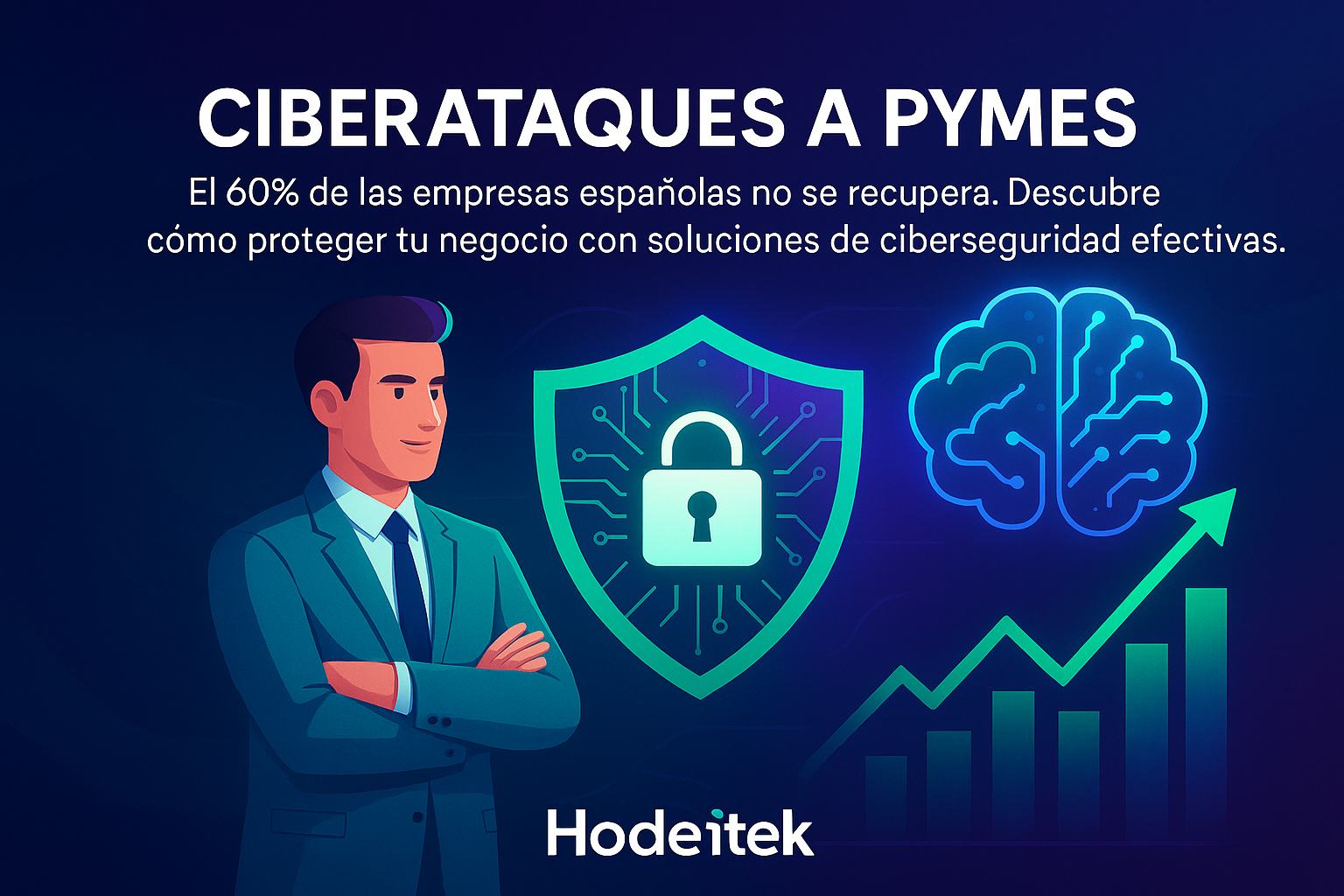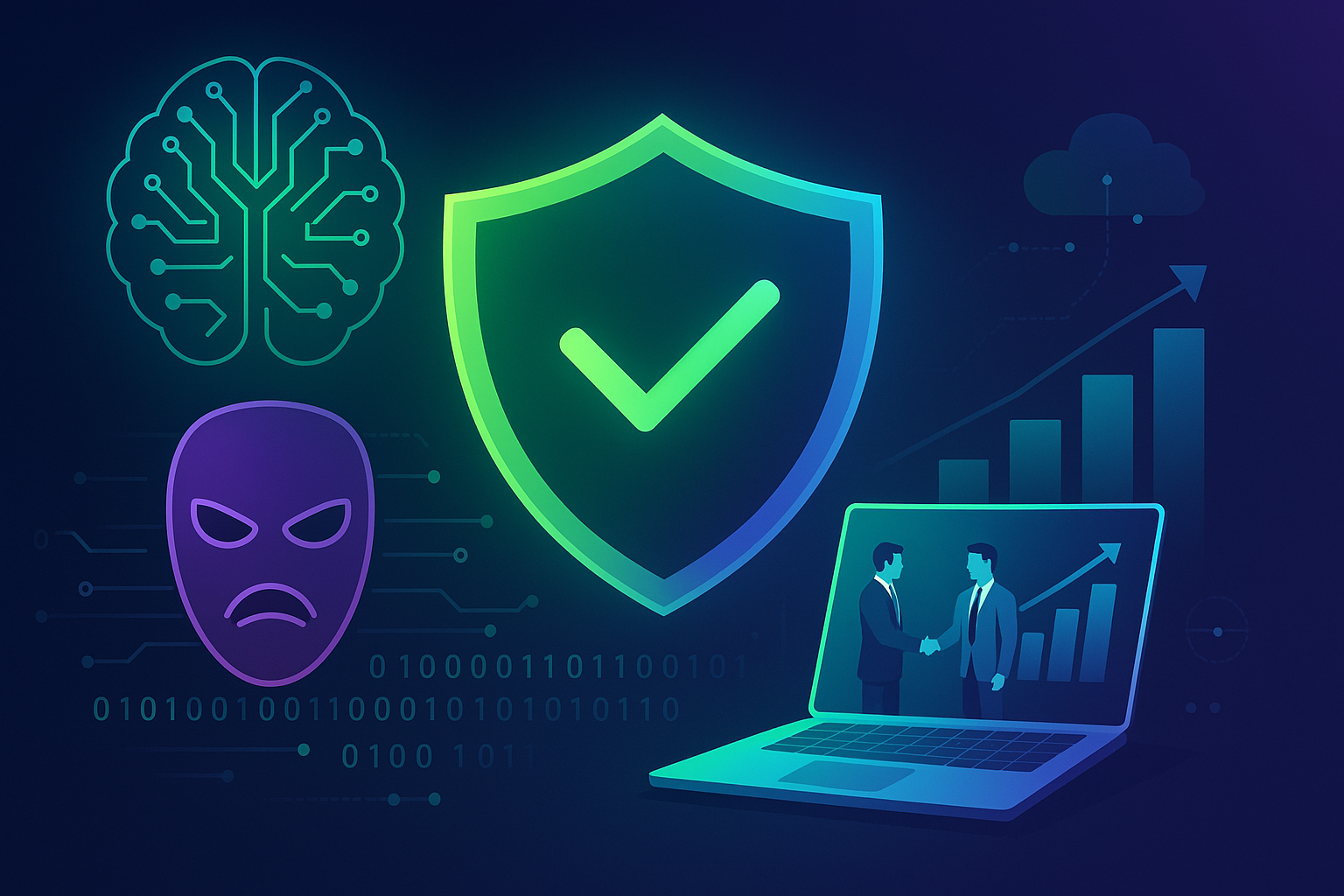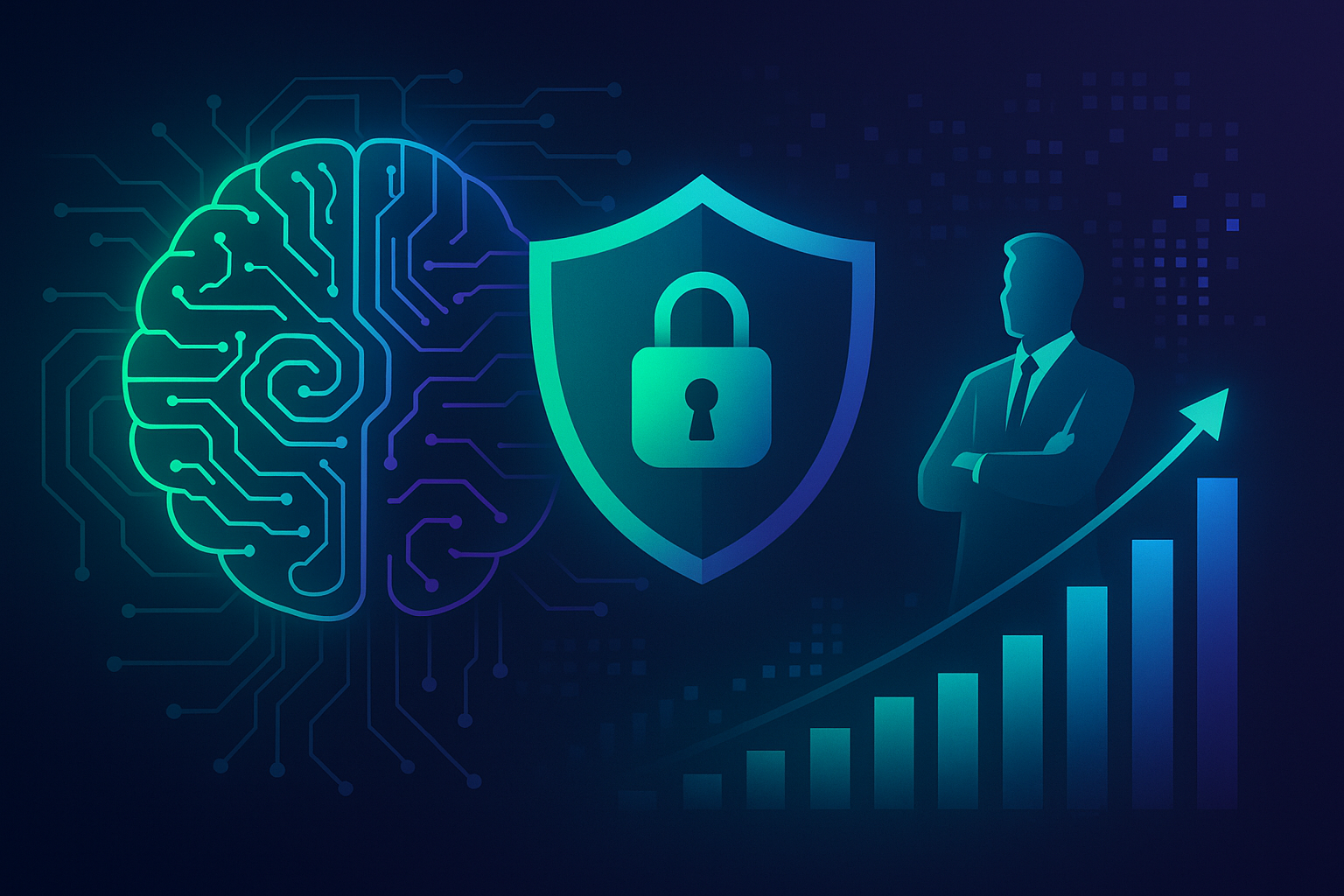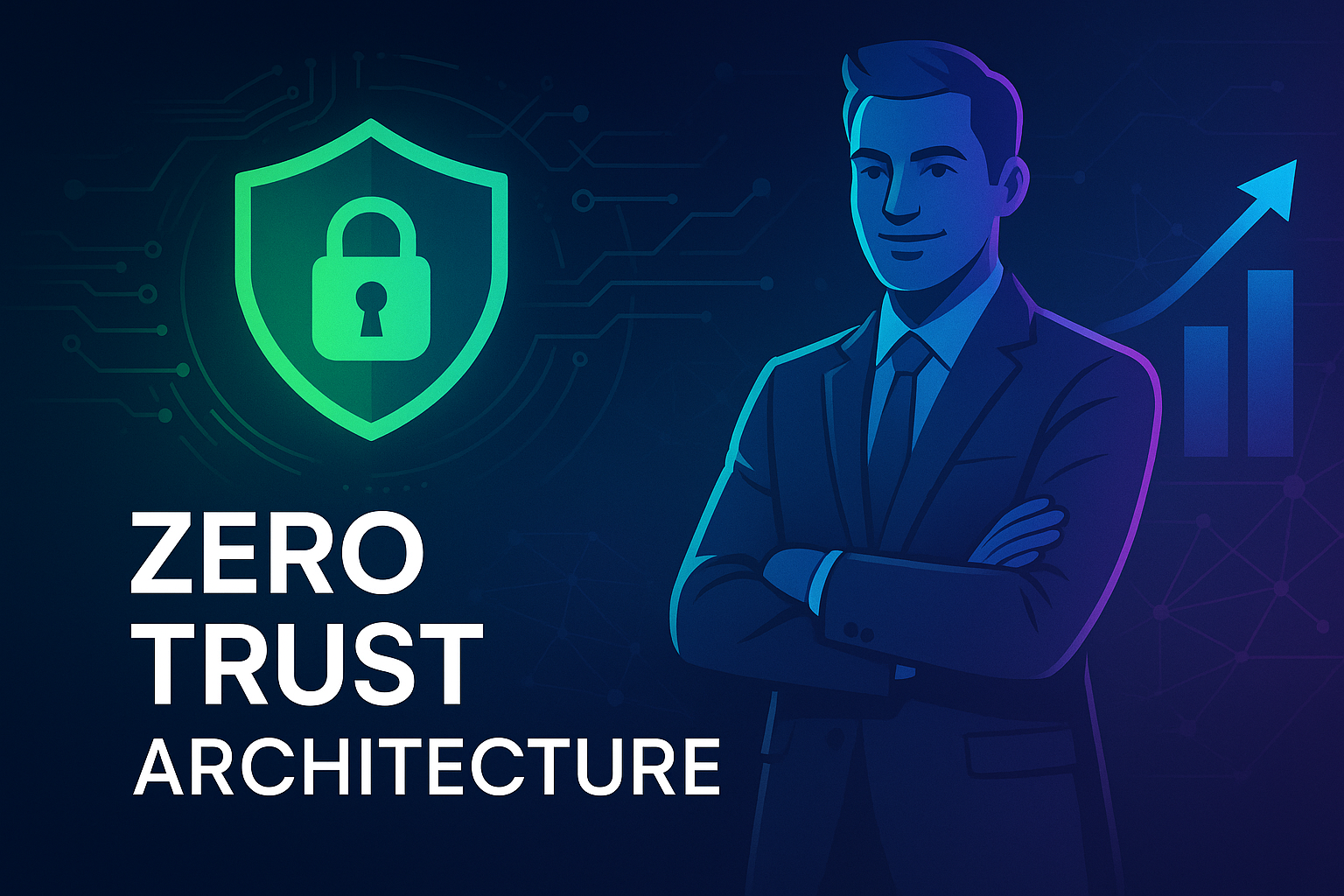Indirect Prompt Injection in the Wild: What You Need to Know
Cybersecurity is an ever-evolving field, with new threats emerging daily. One of the latest concerns that has surfaced is Indirect Prompt Injection (IPI). This sophisticated attack vector has started appearing in the wild, posing a significant threat to organizations around the globe. This article delves into the intricacies of this menace, contrasting information from various reliable sources to provide a comprehensive understanding. Our goal is to inform, generate leads, and drive traffic, primarily targeting businesses in Spain, the European Union, and beyond.
Understanding Indirect Prompt Injection
Indirect Prompt Injection (IPI) refers to a type of cybersecurity attack where malicious prompts are injected indirectly into systems, causing unintended operations or security breaches. Unlike direct prompt injections, which target a system’s input directly, IPIs exploit intermediary systems or processes. This makes detection and prevention significantly more challenging.
How Does Indirect Prompt Injection Work?
IPI attacks typically occur in multi-step processes or where several systems interact. An attacker takes advantage of these interactions by sneaking malicious prompts into seemingly benign data exchanges. These prompts can then influence downstream processes to execute harmful actions, without direct user input or awareness. One primary method involves exploiting configuration files, environmental variables, or logs, injecting commands which later trigger malicious activities.
Real-World Examples
One notable case of IPI involved a financial institution where attackers infiltrated configuration files of a middleware system, which in turn controlled several backend processes. Over time, these injected commands compromised sensitive financial data, leading to significant monetary loss and reputational damage.
In another instance, a healthcare provider faced an IPI attack through manipulated log entries. The attackers inserted prompts disguised as log messages, subsequently triggering harmful scripts that exfiltrated patient information.
Contrasting Information and Reliable Sources
The Securelist article outlined an increase in IPI incidents, aligning with various reports from cybersecurity authorities like ENISA (European Union Agency for Cybersecurity) and the US Cybersecurity and Infrastructure Security Agency (CISA). These sources confirm a rising trend in IPI attacks, primarily targeting sectors with complex IT infrastructures, such as finance, healthcare, and manufacturing.
According to recent ENISA reports, the frequency of IPI attacks has grown by over 45% compared to the previous year. The report emphasizes the importance of advanced cybersecurity measures to counter these sophisticated threats.
Preventative Measures and Solutions
Given the stealthy nature of IPI attacks, traditional cybersecurity measures may prove inadequate. Therefore, organizations must adopt advanced, integrated security solutions and strategies.
Endpoint Detection and Response (EDR), Extended Detection and Response (XDR), and Managed Detection and Response (MDR)
EDR, XDR, and MDR solutions offered by Hodeitek provide robust protection against advanced threats like IPI. These services combine real-time monitoring, threat detection, and automated response mechanisms to safeguard critical systems.
- EDR: Focuses on the endpoints, providing visibility into endpoint activities, detecting threats, and responding swiftly.
- XDR: Integrates data from various sources (endpoints, networks, servers) to offer comprehensive threat detection and a holistic view of the security posture.
- MDR: Managed services offering continuous monitoring, expertise, and swift response, ideal for organizations lacking in-house expertise.
Learn more about EDR, XDR, and MDR services.
Next Generation Firewall (NGFW)
The Next Generation Firewall offers advanced capabilities beyond traditional firewalls, including in-depth traffic inspection, threat intelligence, and application awareness. NGFWs can effectively filter malicious prompts and prevent injection attacks.
Vulnerability Management as a Service (VMaaS)
VMaaS involves regular scanning, assessment, and remediation of vulnerabilities. Identifying and fixing loopholes can significantly reduce the attack surface for IPI attacks.
SOC as a Service (SOCaaS) 24×7
SOCaaS provides round-the-clock monitoring and response, leveraging advanced analytics and threat intelligence to detect and mitigate attacks in real time.
Industrial SOC as a Service (SOCaaS) 24×7
For organizations in industrial sectors, Industrial SOCaaS offers specialized monitoring and protection tailored to industrial control systems (ICS) and operational technology (OT) environments.
Cyber Threat Intelligence (CTI)
CTI involves gathering and analyzing information about potential and existing threats. Understanding the nature of IPIs through threat intelligence can enhance preparedness and response.
Data Loss Prevention (DLP)
DLP solutions help in identifying and protecting sensitive data, preventing unauthorized access or exfiltration, which is critical in the context of IPI attacks targeting financial or personal data.
Web Application Firewall (WAF)
A Web Application Firewall (WAF) can filter and monitor HTTP traffic between web applications and the Internet. WAFs provide an essential layer of defense against prompt injections targeting web apps.
Benefits of Implementing Advanced Cybersecurity Solutions
Integrating these advanced cybersecurity solutions provides numerous benefits:
- Enhanced threat detection and response capabilities
- Reduced risk of data breaches and financial losses
- Improved compliance with regulatory requirements
- Strengthened reputation and customer trust
- Cost savings from avoiding potential downtime and recovery efforts
Conclusion
Indirect Prompt Injection represents a sophisticated and evolving threat in the cybersecurity landscape. Organizations must stay vigilant and adopt advanced cybersecurity measures to mitigate risks effectively. From EDR, XDR, and MDR services to specialized solutions like NGFW, VMaaS, SOCaaS, CTI, DLP, and WAF, Hodeitek offers a comprehensive suite of services to protect your business.
Enhance your cybersecurity posture today by exploring our full range of services. Need personalized advice? Contact us for a consultation and safeguard your organization’s future.
Stay informed, stay protected. Your security is our priority.






